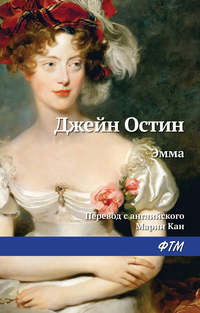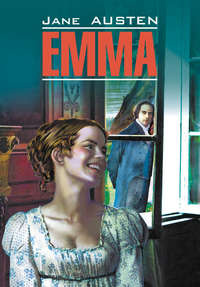Гордость и предубеждение / Pride and Prejudice

Полная версия
Гордость и предубеждение / Pride and Prejudice
Жанр: изучение языкованглийский языклексический материалтекстовый материаланглийская классиказнания и навыкиклассика жанраклассические любовные романы
Язык: Английский
Год издания: 2017
Добавлена:
Серия «Эксклюзивное чтение на английском языке»
Настройки чтения
Размер шрифта
Высота строк
Поля
Конец ознакомительного фрагмента
Купить и скачать всю книгу










![Love and Freindship [sic]](/covers_200/25019987.jpg)
